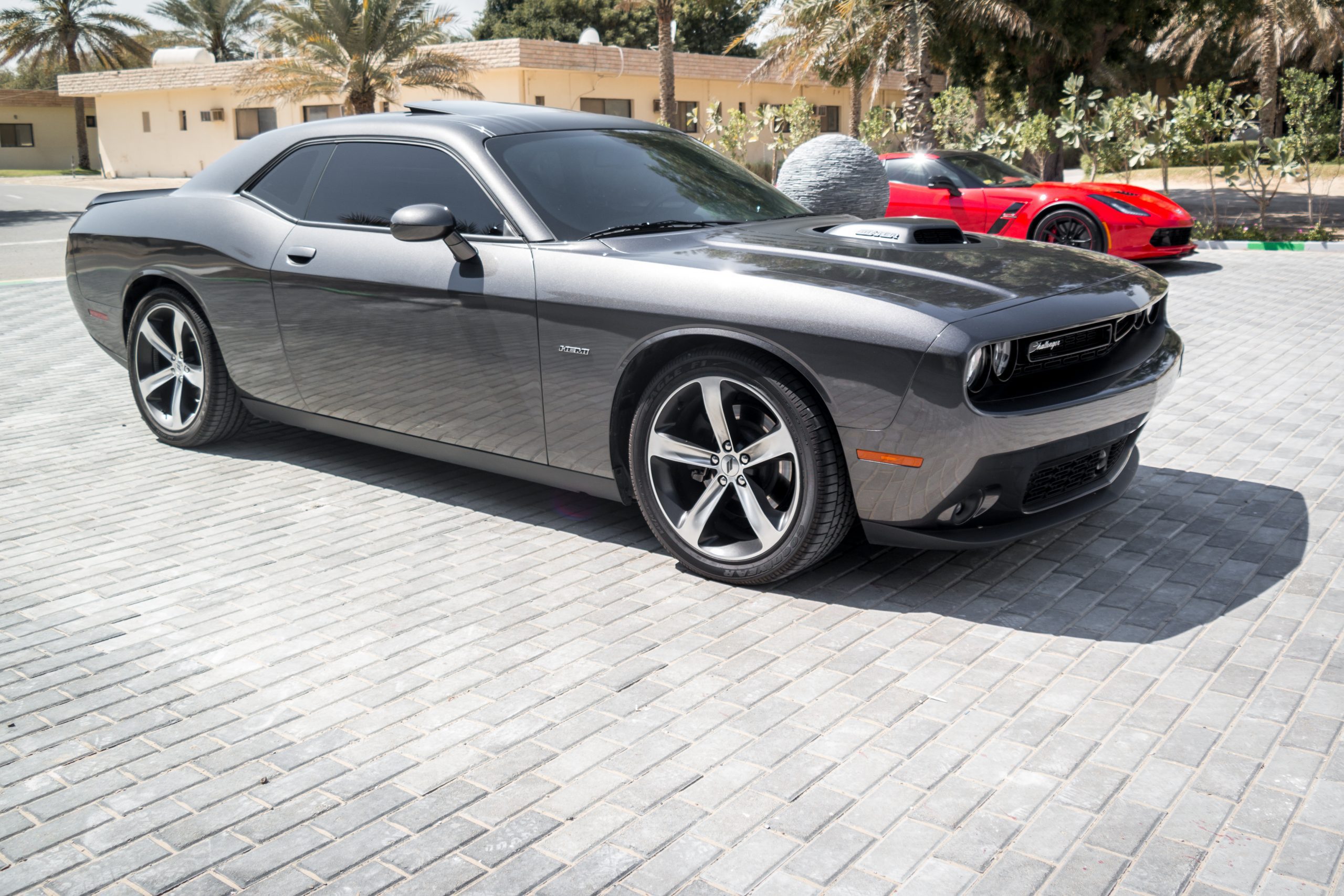A lawsuit alleges the rear differentials in certain Dodge vehicles marketed for racing cannot keep up with the powerful engine and transmission.
The plaintiffs of this putative class action allege certain Dodge vehicles have rear differentials that are not robust enough for the horsepower and torque loads produced by the engine and transmission.
The vehicles at issue are 2014-2019 Dodge Challengers and Chargers with a V8 engine.
The lawsuit contends FCA equipped those vehicles with high horsepower engines and marketed them as track-capable, but failed to disclose the rear differential was not robust enough for the horsepower and torque loads that the engine and transmission produce. Such marketing, they contend, included messages such as “GO DOWN THAT QUARTER MILE FASTER THAN ANYONE ELSE CAN,” and “When you have the guts to give drivers 707 horsepower, 605lb-ft of torque and a staggering quarter-mile time, . . . .”
The high torque loads allegedly degrade the differential, which causes failure of the differential and its internal components, such as the ring gear, pinion gear, differential housing, and/or axles.
Plaintiff Gustavo Diaz, from California, allegedly experienced the defect in his 2015 Doge SRT Challenger Hellcat. As a result, he contends, the driveshaft rattled and he could feel the differential click while driving. But, when he complained, he says, the dealership told him nothing was wrong with the vehicle.
Another plaintiff, Joseph Santos, also from California, says he experienced the defect in his 2016 Dodge Charger Hellcat. The defect resulted in repairs including repeated differential replacements, according to the complaint, but the defect persists.
The complaint contends all consumers will apparently need to replace the rear differential before the end of the useful life of the differential.” Further, the class vehicles owners are at risk of significant vehicle damage, plaintiffs contend, since “when the differential fails, it often explodes, sending shrapnel into the undercarriage of the vehicle and damaging ancillary parts that also require repair or replacement.”
The lawsuit asserts claims including fraud, unjust enrichment, breach of warranty, and violation of state consumer laws. The remedies sought include an order requiring FCA to recall and/or repair and eliminate the defect from the class vehicles, damages, restitution, and disgorgement of some or all profit from the vehicles.
The case is Diaz, et al. v. FCA US LLC, number 1:21-cv-00906-UNA, in the United States District Court for the District of Delaware.





